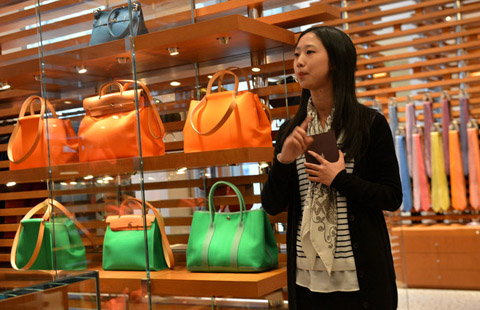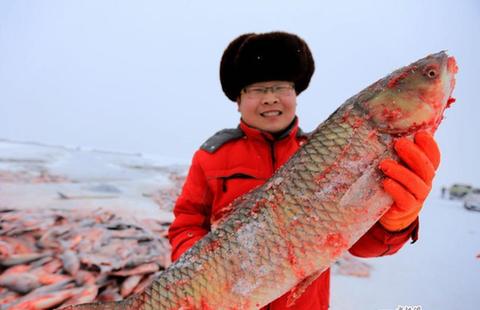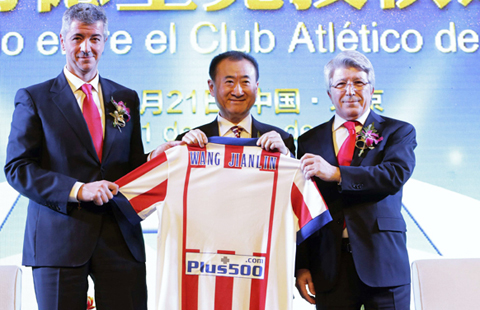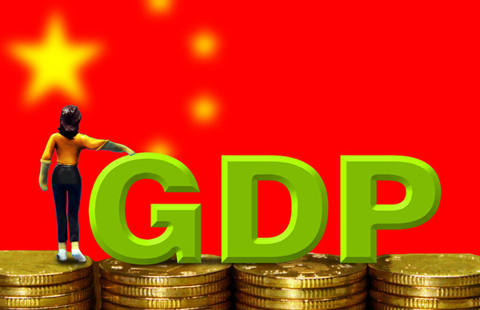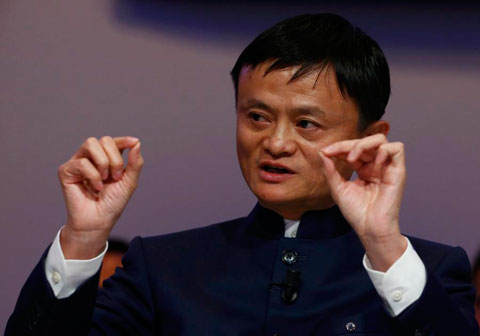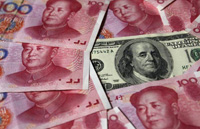Alibaba case underlines govt resolution to curb fakes
(Xinhua) Updated: 2015-01-31 11:35BEIJING - The public spat between Chinese e-commerce giant Alibaba and the country's commerce watchdog has brought the government's resolution to crack down on counterfeiting and protect consumers to the forefont.
The spat was prompted by a sample survey conducted by the State Administration for Industry and Commerce (SAIC), which found more fakes than genuine items were sold on Taobao, a popular online shopping site operated by Alibaba.
The company, which made record-breaking IPO in New York in September, had more than $30 billion wiped from its market capitalization in two days ending Thursday.
Alibaba accused SAIC of being biased and wrong, saying they would file a formal complaint. But it promised to establish a 300 person "fake-fighting special operations battalion" to add force to its ongoing combat against counterfeit goods sold by vendors on its sites.
Boosted by a huge number of customers and the largest, constantly improving e-commerce environment, China's online retail market has been thriving over the past few years, leading to the rise of companies such as Alibaba and JD.com.
As China strives to shift its economy to a consumption-driven model, the authorities have taken a series of measures to ensure consumers' interests are being better protected, fining monopolistic practices by both foreign firms and domestic companies and severely punishing those producing and selling shoddy goods.
The online retail market, still a small portion of retail market in terms of sales but expanding at a phenomenal pace, deserves equal, or even more, attention.
The Chinese government is looking to regulate the market, which has been plagued by rampant counterfeiting, but progress has been slow until now.
The spat may bring some change to kick-start tougher anti-counterfeit campaign by both the government and the industry.
Both sides should keep their focus on solutions.
Despite intensified supervision, the government should accelerate the adoption of effect`ive legislation and ensure better implementation, while industry players mobilizing more resources to enhance consumer protections.
- UAV used to inspect electricity line
- China Minsheng Investment 'will help companies go global'
- China's commerce regulator meets Alibaba chairman Jack Ma
- China expands cross-border FX payment system
- Young startup innovators challenge Internet moguls with apps
- Slowing economy crimps China's fiscal revenue
- China's fiscal revenue records slowest growth in 23 years
- China to further open video game console market
